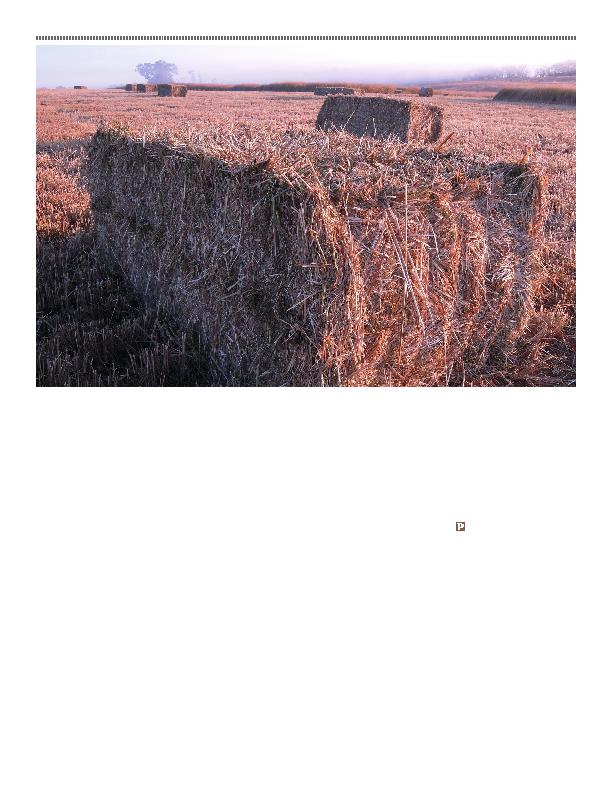
transactions; (2) to permit the contin-
ued expansion of commercial practices
through custom, usage and agreement of
the parties; and (3) to make uniform the
law among the various jurisdictions.
the UCC's text or its purposes and poli-
cies, the UCC ordinarily supersedes the
statute. However, if the state statute was
specifically enacted to provide "addi-
tional protection to a class of individuals
engaging in transactions covered by the
UCC," a court may allow the state statute
to supersede the UCC.
should apply is a question of law.
For example, a Tennessee statute
limits the duration of certain agricultural
contracts to three years.
pression to protect farmers. However, the
statute could be construed to be contrary
to the UCC's text, purposes and policies:
the UCC does not limit the duration of
contracts, and the limitations imposed
modern nor uniform with other jurisdic-
tions.
of a base farm income over a number of
years; the ability to amortize investment
in land, equipment or crop establish-
ment; some assurance that the contract
price would cover costs; and an opportu-
nity to develop expertise in the manage-
ment of a particular crop.
A state statute that limits the dura-
tion of agricultural contracts could be
problematic for the developing biomass
industry. A single season, or a two- or
three-year term, contract does not pro-
vide a biorefinery owner with feedstock
assurance. Because of the magnitude
of the investment, a biomass supply
contractor will likely seek to contract for
a significant percentage of the facility's
biomass feedstock requirements during
the development phase of the facility. A
three-year contract term, even with the
possibility for renewal, is probably not
sufficient. Balancing of the various laws
supply is an important consideration.
The discussion of appropriate terms
to include when contracting for biomass
is one that must be continued among
farmers, feedstock suppliers, bankers
and biomass conversion facility owners
as the industry progresses, to eventually
find a middle ground on which all parties
can agree.
production, a precise schedule for the use of acceptable
inputs, and specific production practices to be used by
the farmer.
etc.
(1995).
5 Production Contracts, http://www.farmfoundation.org/
(last visited Oct. 18, 2012).
7 U.C.C. § 1-103(a) (2004).
8 U.C.C. § 1-103, cmt. 3 (2004).
9 Tenn. Code Ann. §43-15-101 (2012).
10 The Tennessee statute was enacted in 1932 and has
other state has a similar statute limiting the duration of
agricultural contracts.